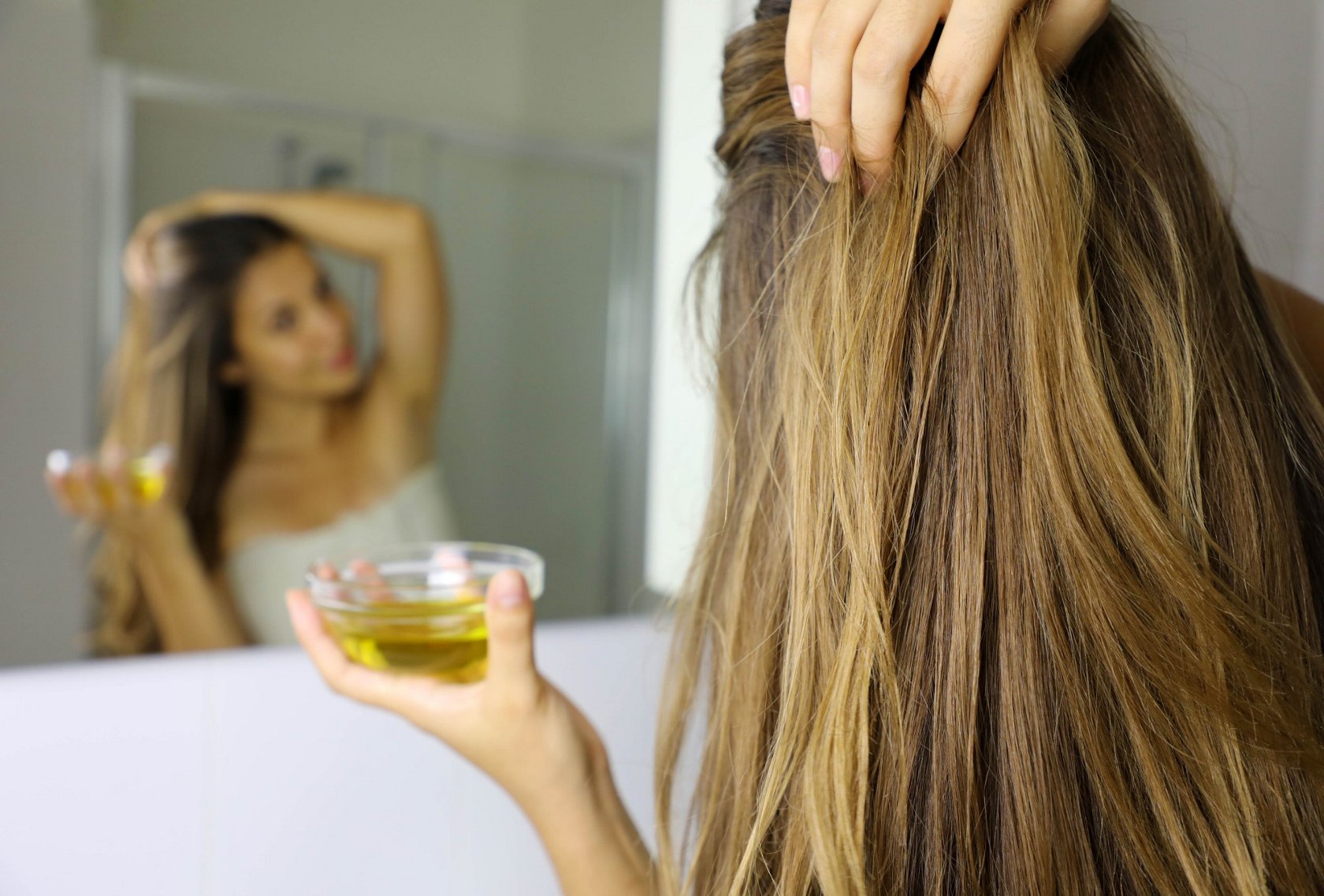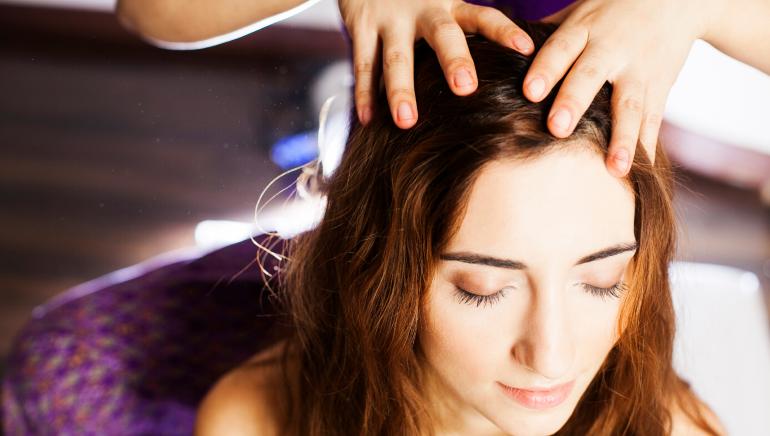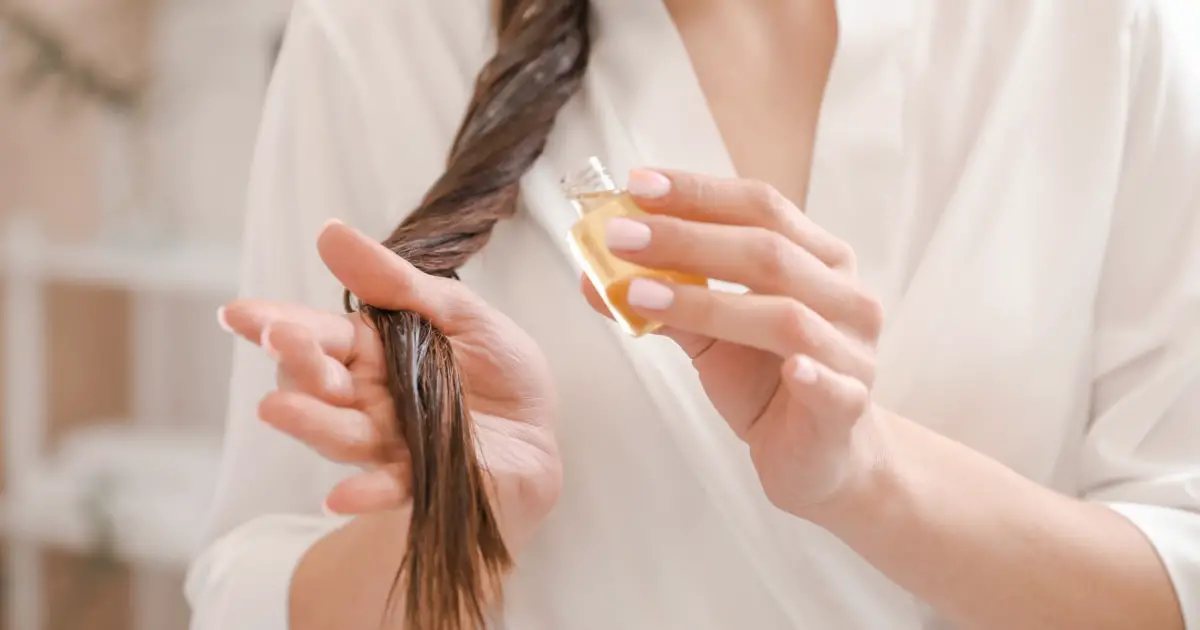Is Moroccan Oil Good for Hair? A Beautician's Deep Dive
Moroccan oil, also known as Argan oil, has dominated the beauty industry for years, making waves in salons and homes alike. But the pressing question is: is Moroccan oil good for hair? As a beautician, understanding this miracle oil's potential benefits and drawbacks is essential for guiding your clients toward radiant, healthy hair. Let's explore why this oil has earned its stellar reputation and how you can incorporate it into your clients' hair care routines effectively.

What Makes Moroccan Oil Unique?
Extracted from the kernels of the Argan tree, native to Morocco, Moroccan oil boasts a unique blend of fatty acids, antioxidants, and essential vitamins, such as Vitamin E. These components have made it one of the most sought-after natural solutions for hair care. Unlike other oils, Moroccan oil is lightweight, non-greasy, and penetrates the hair shaft to deliver nourishment from within.
Its versatility also sets it apart. From taming frizz and adding shine to repairing damaged strands, Moroccan oil can be a one-stop solution for hair woes. Need scientific backup? Check this detailed guide on using oils tailored for hair needs: 8 best oils for hair health.
Key Benefits of Moroccan Oil for Hair
1. Deep Nourishment and Moisture
Moroccan oil is a powerhouse of hydration. Its fatty acids seal in moisture, keeping hair hydrated and soft. This makes it especially beneficial for clients with dry, brittle hair. Hydrated hair is less likely to break or develop split ends, ensuring a healthier overall look.
2. Frizz Control
If you frequently deal with clients battling frizz, Moroccan oil can become your go-to solution. The oil forms a protective layer around the hair, combating humidity and smoothing down the strands. For a quick frizz fix, why not combine it with other nourishing oils? Explore how jojoba oil works wonders.
3. Heat Protection
Many clients use heat styling tools, putting their hair at risk of damage. Moroccan oil offers natural heat protection, reducing the harmful effects of blow-drying, curling, or straightening tools. Applying a small amount before styling acts as a barrier, keeping the hair healthy and shiny.
4. Scalp Health
A healthy scalp is essential for beautiful hair. The antioxidants in Moroccan oil combat free radicals, reducing inflammation. Massaging Moroccan oil directly onto the scalp can also help with dandruff and dryness. For a deeper dive into scalp care, learn more about the benefits of popular oils for scalp health: Best oil for your hair type.
Potential Drawbacks and Precautions
While Moroccan oil is generally safe and beneficial, it's not without its caveats. For one, it's crucial to use the oil in moderation. Overuse can leave hair feeling greasy, especially for clients with fine hair types. Secondly, not all Moroccan oil products are created equally. Some on the market contain silicones and additives, which can weigh the hair down or cause buildup over time.
How to Use Moroccan Oil Wisely
To get the most out of Moroccan oil, here are some application tips:
- As a conditioner: Mix a few drops of Moroccan oil with a leave-in conditioner to boost hydration.
- Pre-shampoo treatment: Apply Moroccan oil to your client's dry hair before shampooing for extra nourishment.
- Styling aid: Use it as the finishing touch to add shine and control frizz.
- Scalp massage: Massage the oil into the scalp to improve circulation and promote hair growth.
For additional tips, delve into how to use hair oils effectively.
Moroccan Oil vs. Other Hair Oils
While Moroccan oil is renowned for its multi-functional properties, its important to understand how it stacks up against other popular oils. Coconut, jojoba, batana, and olive oils each have their own set of unique benefits. For instance, coconut oil is known for its unmatched ability to penetrate the hair shaft. Curious about their differences? Find out how long coconut oil should be left in hair.
Similarly, olive oil stands out for its ability to repair damage rapidly. Explore its properties here.
Frequently Asked Questions (FAQs)
1. Can Moroccan oil be used daily?
While it's safe to use on a regular basis, its best to recommend sparing application based on your client's hair type.
2. Does Moroccan oil promote hair growth?
Though not explicitly designed to boost growth, the oils hydration and scalp-nourishing properties might indirectly support healthy hair growth.
3. Is it safe for color-treated hair?
Yes, Moroccan oil is safe for color-treated hair and can help lock in moisture and vibrancy.
For a broader understanding of how Moroccan oil compares with other options, dont miss this expert advice on how to use a hair oil like a professional.

Conclusion
So, is Moroccan oil good for hair? Absolutely. For beauticians, its an indispensable tool that aligns with various hair care goals, from hydration to styling. When used wisely, Moroccan oil can transform hair care routines, enhancing shine, strength, and health. Add it to your arsenal and see the remarkable transformations in your clients' hair.
This article contains affiliate links. We may earn a commission at no extra cost to you.

